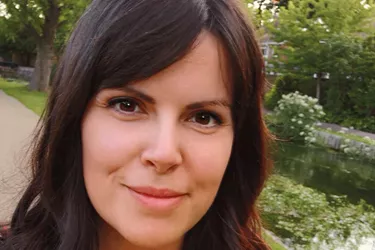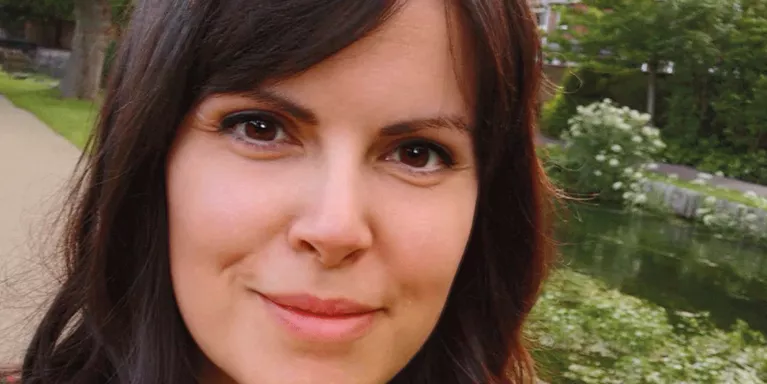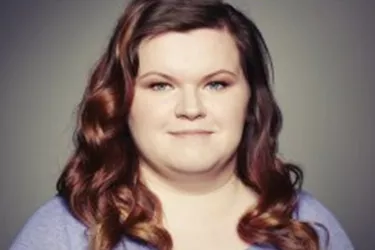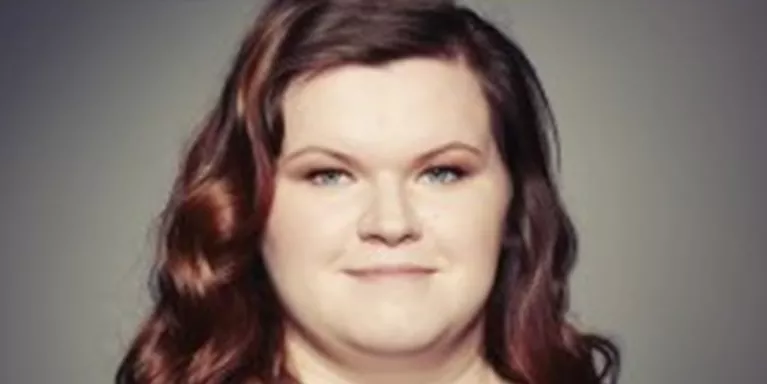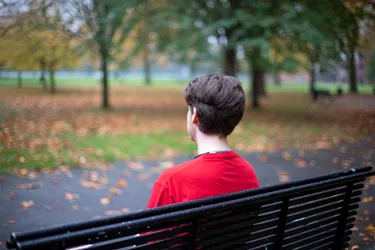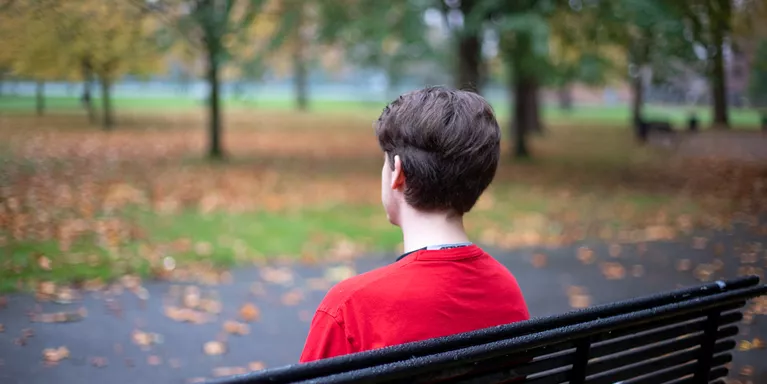How peer support changed my life
When Victoria attended an OCD support group, for the first time in her life she felt understood.
It is estimated that Obsessive Compulsive Disorder occurs in around 1.1% of the general population of the UK. Yet my whole childhood and adolescent life, I never crossed paths with anyone who had the same diagnosis.
My relationship with OCD has been ever-changing. It has challenged me, hindered me, isolated me, hurt me and hurt my loved ones. It has also driven me to be more resilient.
I have had almost two decades to learn and adapt to my diagnosis. I know stress is my trigger and I know how dangerously easily I can get stressed. From little things like breakfast to bigger things like weekends away, there are a million thoughts and factors to stress about. It is a frustrating cycle which ultimately means I can get stressed about getting stressed.
"I didn't understand why I was obsessing over certain things or why such distressing thoughts kept entering my mind."
As a teenager I grew up in a rural area and apart from the local GP there were no resources available to gain a better understanding of what was happening to me. With our slow-speed dial-up Internet, it wasn't like I could go online and find support or information there. I didn't understand why I was obsessing over certain things or why such distressing thoughts kept entering my mind. I couldn't make sense of it to myself so there was no way I could explain it to anyone else. The fear of judgement, being misunderstood or isolated further was too much. So, I powered on, or at least I tried.
Despite my school attendance plummeting from the very time-consuming morning routines, I managed to get the grades I needed for further education. In 2008, I moved to Edinburgh, and I have lived in the city ever since. Living in the city independently away from my support network of family and friends was difficult at first, but I soon learned to distract myself. With a busy work schedule and constant social life, I never had much alone time and the noise made it easier to keep everything that was going on in my head, in my head.
Collapse of coping methods
But after a while it was as if I ran out of storage space, I began to switch off. I didn't show up to work, I was becoming unreliable with my friends, I racked up thousands of pounds worth of debt on store cards from impulsive buying and my physical health and wellbeing took a hit as I had to choose between paying rent or having dinner. As my day-to-day life began to crumble, I realised my methods of coping had collapsed, and I needed help.
The first time I went to an OCD support group, I paced back and forth outside until I gathered the courage to walk through the door. I had no idea what to expect, and that "fear of the unknown" was beyond nerve-racking. The only reference I had for framing my concept of what was about to happen were the depictions of Alcoholics Anonymous meetings in the movies. The expectation of everyone saying hello in sync before sharing their personal story was high so I walked in with my speech prepared, ready to introduce me and my OCD to a room full of strangers.
"I sat in a room full of strangers who instantly understood me more than my friends and family."
What waited for me in that room was a pleasant surprise. Bar the fact that we sat in a circle, drinking cheap coffee and listening intently to each other one-by-one, it was not like the movies. The room wasn’t depressing but comforting.
I sat there in a room full of strangers who somehow instantly knew me and understood me more than my friends and family had ever been able to. What was irrational and nonsensical in the outside world was rational and relatable inside this room. I did not need to justify my actions or explain my train of thought. These strangers spoke my language, and for the first time I was truly understood. There is an immense power in that.
I left that first night of peer support feeling positive. I had spoken to people who were struggling severely and fighting for each day and others who were there to provide support and hope that it could get better. That mix of stages, realising I was somewhere in the middle, was immeasurably comforting.
Still benefiting from peer support
Years later, I still use a support group. I am not there every month, but just knowing it is there does make all the difference. Once a month there are two events: a formal support group meeting and an activity, like the cinema or coffee. We also have a Facebook group. At the touch of a button, I can contact a group of people who speak the same complex language and they can instantly provide a feeling of comfort, understanding and support.
Peer support has played a crucial part in understanding both myself and my diagnosis. Learning from others is important. It is not a competition of “who has the worst situation”, but more a case of sharing common ground and the best methods to handle our circumstances and to develop our resilience. Even if you feel like your own life is a mess, you can help someone by just talking and listening to them. Supporting someone through their struggle can be a challenge, but it can also make you feel stronger and more accomplished. Everyone can benefit from peer support.
That first time you attend may give you feelings of fear and anxiety, but push through it. Utilise the resources and materials online, find your community. Hearing from others and realising that you aren’t so different can bring relief and can allow you to express yourself freely without fear of being misunderstood. You can just be you. It has helped me function, it has helped me grow in confidence and it has introduced me to some amazing and kind people. I am so glad that I acknowledged the fact I needed help and attended a support group. I highly recommend gathering the courage to walk through the door.


Information and support
When you’re living with a mental health problem, or supporting someone who is, having access to the right information - about a condition, treatment options, or practical issues - is vital. Visit our information pages to find out more.
Share your story with others
Blogs and stories can show that people with mental health problems are cared about, understood and listened to. We can use it to challenge the status quo and change attitudes.










